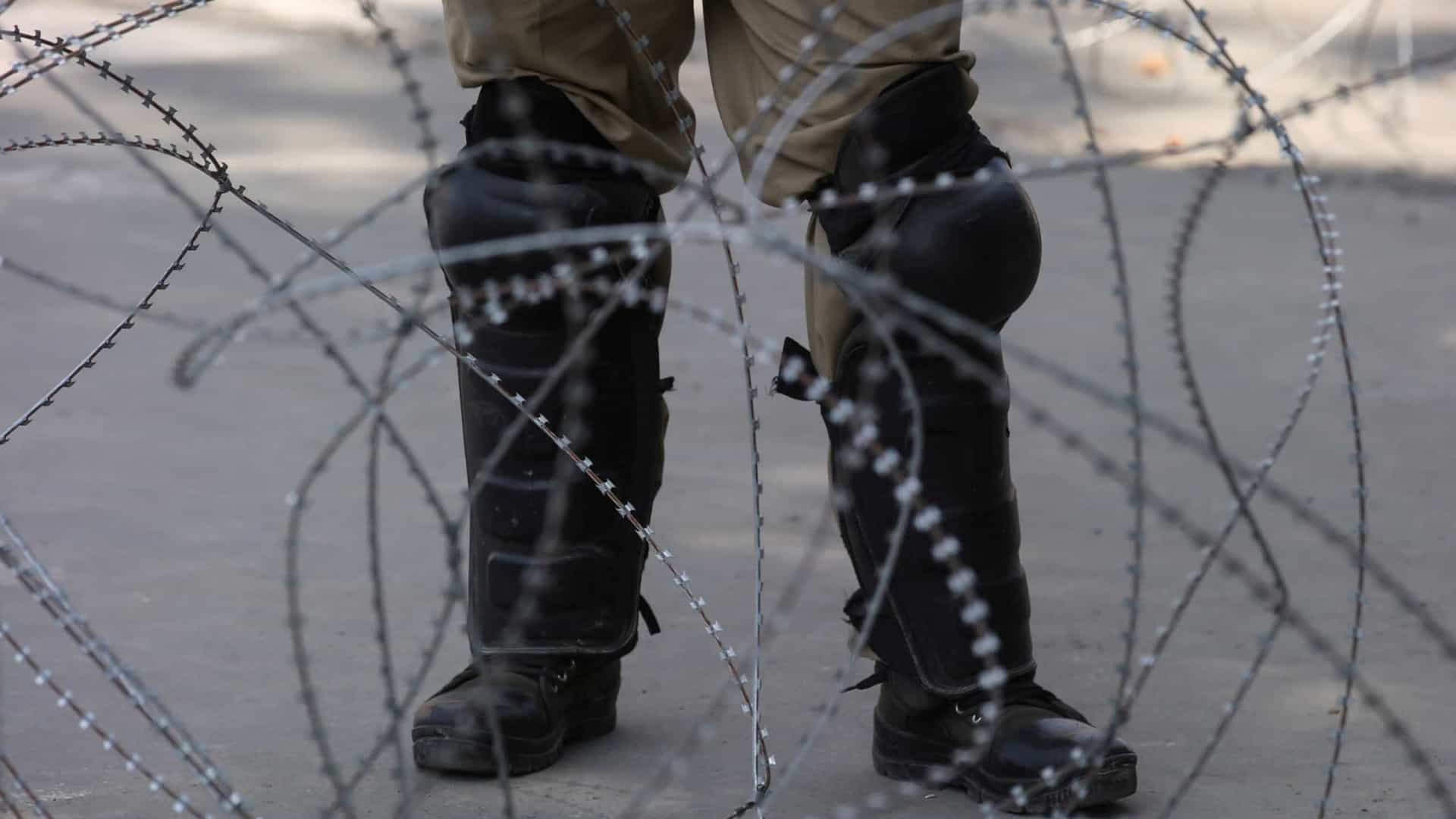RIO DE JANEIRO, BRAZIL – The Ministry of Defense is discussing with the Jair Bolsonaro administration ways to pull the Armed Forces from Operation Acolhida, designed to host and serve Venezuelans.
Considered a model by the United Nations, the operation is about to complete three years and has undergone dynamic changes as a result of the reduced flow of immigrants triggered by the Covid-19 pandemic. Some advocate that it be proposed as a candidate for the Nobel Peace Prize.

General officers from the Ministry of Defense and the Armed Forces have already internally voiced their desire to leave the operation or at least reduce troop engagement to a minimum. The assessment that the time has come to “pass the baton” and reduce the responsibilities undertaken in March 2018 is widespread. The operation is coordinated by the Chief of Staff, led by General Walter Braga Netto.
Among the military, Operation Acolhida is classified as a Humanitarian Logistics Task Force. The Army is in command, providing room in the 3rd Special Border Platoon in Roraima to accommodate immigrants. They also operate in Boa Vista, the state capital, and Manaus (AM), cities that concentrate Venezuelans and have shelters.
Every three months, military personnel from the Navy, Air Force, and particularly the Army are displaced from various commands in Brazil to serve as contingent. The tenth personnel replacement is scheduled for January. In all, 650 military personnel will be deployed to Boa Vista, Pacaraima and Manaus.
In addition to logistics, the military officers are responsible for security and healthcare. Other government bodies provide psycho-social assistance, in which approximately one hundred civil society and UN organizations are also involved. Migrants and refugees are vaccinated, undergo a medical assessment, interviews, and may apply for the issuance of documents such as ID cards. They are provided with meals, are accommodated in one of the 12 temporary shelters, and are given hygiene and cleaning kits, and may attend leisure activities and Portuguese classes.
A Navy Admiral and an Army General, both active and, therefore, heard in confidence, confirmed their intention to leave Acolhida. A Ground Force commander compared the Armed Forces to a kind of “Ipiranga Post” in the Bolsonaro government.
Behind the scenes, the military claim that the operation should focus more on internalizing immigrants in order to relieve the less structured northern region – and that the Ministry of Citizenship, which handles such strategies and tries to find jobs and family bonds as well as shelter for Venezuelans across the country, should take on a greater role.
Around 44,000 have already been transferred to other cities in Brazil, with São Paulo, Amazonas, Santa Catarina, Rio Grande do Sul and Paraná as the main destinations. However, the pace is short of desirable. This year, 16,700 were relocated up to November, less than the 22,200 in the whole last year. Some 3,500 remained in the shelters, according to government data.
In recent months, complaints from officers about the involvement of the Armed Forces have increased. In parallel, the military began to be deployed for more Law and Order Guarantee operations, such as Verde Brasil, and support to Operation Covid, during the novel coronavirus pandemic.
The generals claim that this “shift” of duties, as they classify it, occurs due to political and social pressure, in addition to the shortage of staff and organization in other government bodies.
Despite the desire to pull out of Acolhida, the military is expecting difficulties in finding another body capable of taking on the main operational tasks – serving refugees and immigrants who escape the widespread crisis in Venezuela.
There is one additional factor. The Ministry of Defense leadership fears damage to its image by abandoning auxiliary and assistance efforts as it would send out a negative message and undermine its prestige. This is a shared concern in the Armed Forces, according to a general who follows internal debates. According to him, although the operation is considered important for human safety, it consumes staff and budget.
Pandemic
Before the pandemic, some 500 Venezuelans were reaching Roraima daily. Then the flow was virtually interrupted with the closing of the border – although there is always the chance of illegal entry through open trails in the jungle, the “trochas”, as Venezuelans call them.
The budget planned for next year is R$90 million, slightly below what was proposed in 2020 – R$91.2 million. Funding was increased in 2020, and the current allocation is R$283 million, according to the Federal Budget Panel data. Of this amount, R$254 million are earmarked and R$114 million actually paid.
The rumor of the military’s desire to leave has come to the attention of the Federal Prosecutor’s Office. In September, the Federal Prosecutor for Citizen’s Rights (PFDC) challenged the military over the budget reduction and the prospect of ending Operation Acolhida. The Federal Prosecutor’s Office found that the plan was to use only 25% of the current budget in 2021 and to close the operation by the end of the year, transferring assistance to local governments, non-governmental organizations and international bodies.
General Antonio Manoel de Barros, the operation’s commander, said in a meeting with the PFDC, the Public Defender’s Office and the National Human Rights Council in October that Acolhida would not end. “Despite the reduction in resources, it will not end. We are already looking for new strategies and collaborators. The Army’s plan is to readjust the coordination in partnership with the Ministries,” said General Barros.
Since its inception in 2018, 265,000 Venezuelans have entered Brazil and have been legalized through Acolhida, according to government data. Brazil is the fifth main destination for the exodus in South America.

